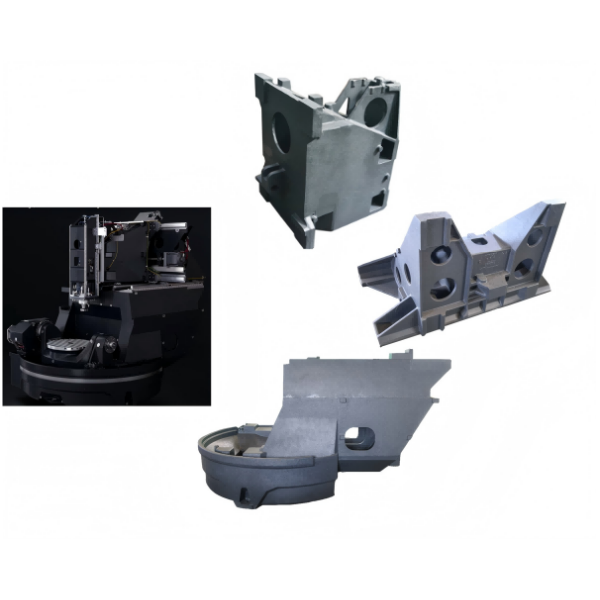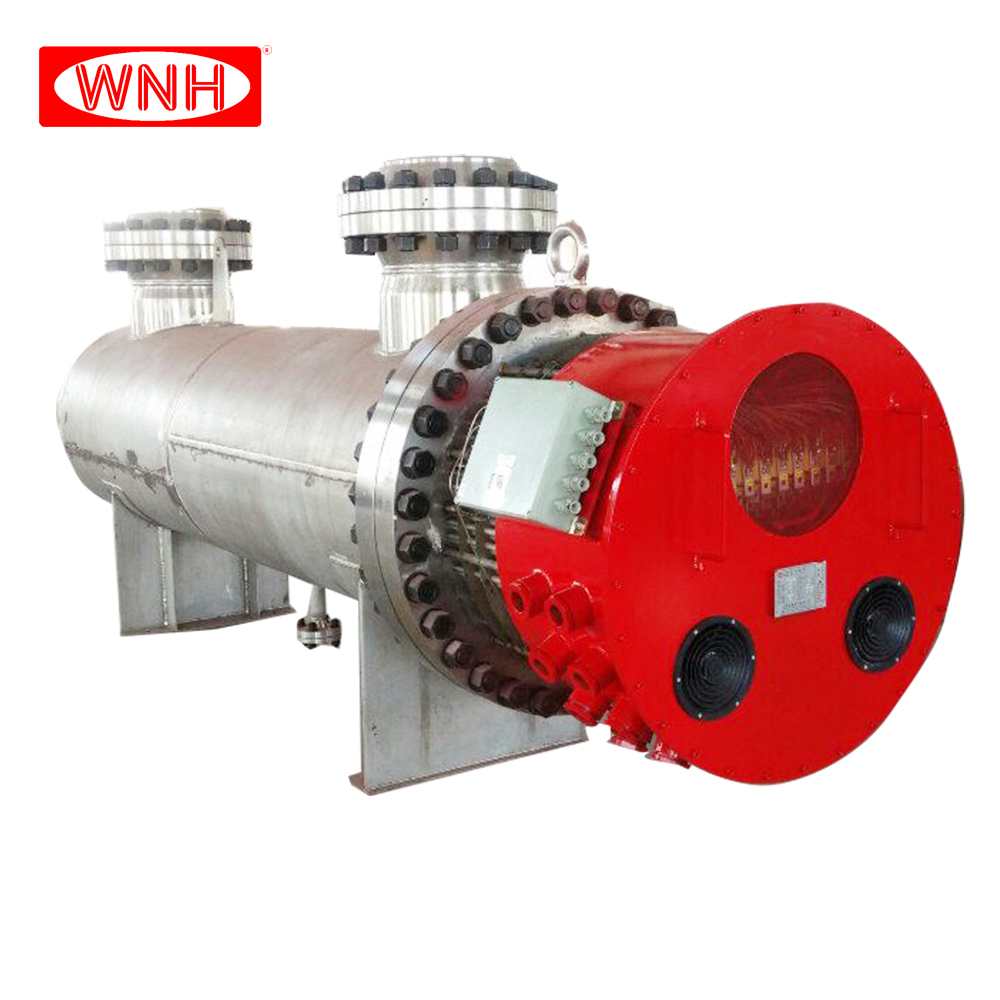When it comes to the performance and efficiency of modern vehicles, the fuel injection system plays a pivotal role. As a critical component of internal combustion engines, understanding how long a fuel injection system lasts and the factors influencing its longevity can help vehicle owners make informed decisions about maintenance and repairs. In this article, we will delve into the lifespan of fuel injection systems, the factors that affect their durability, and best practices for ensuring optimal performance.
Understanding Fuel Injection Systems
Fuel injection systems are designed to deliver precise amounts of fuel into the combustion chamber, optimizing the air-fuel mixture for efficient combustion. Unlike older carbureted systems, fuel injection provides better fuel efficiency, reduced emissions, and improved engine performance. There are several types of fuel injection systems, including port fuel injection (PFI), direct fuel injection (DFI), and dual fuel injection systems, each with its own operational characteristics and maintenance requirements.
Lifespan of Fuel Injection Systems
On average, a fuel injection system can last anywhere from 50,000 to 100,000 miles, depending on various factors. However, this lifespan can vary significantly based on the type of vehicle, driving conditions, and maintenance practices. Here are some key factors that influence the longevity of fuel injection systems:
- Quality of Fuel: The quality of fuel used in a vehicle can significantly impact the lifespan of the fuel injection system. Low-quality fuels may contain impurities and additives that can lead to clogging and damage to the injectors. Using high-quality fuel with the appropriate octane rating can help prolong the life of the system.
- Driving Conditions: Vehicles that are frequently driven in harsh conditions, such as stop-and-go traffic, extreme temperatures, or on poorly maintained roads, may experience increased wear and tear on their fuel injection systems. Regular long-distance driving at consistent speeds can be less taxing on these components.
- Maintenance Practices: Regular maintenance is crucial for the longevity of a fuel injection system. This includes routine inspections, cleaning of fuel injectors, and replacement of fuel filters. Neglecting these practices can lead to carbon buildup, injector clogging, and ultimately, system failure.
- Engine Tuning: Proper engine tuning can enhance the performance and lifespan of the fuel injection system. An engine that is out of tune may run too rich or too lean, leading to excessive wear on the injectors. Regularly checking and adjusting the engine's air-fuel mixture can help maintain optimal performance.
Signs of Fuel Injection System Issues
Recognizing the early signs of fuel injection system problems can help prevent costly repairs and extend the lifespan of the system. Some common symptoms include:
- Poor Fuel Economy: A sudden drop in fuel efficiency may indicate that the fuel injectors are clogged or malfunctioning.
- Engine Misfires: If the engine struggles to maintain a steady idle or experiences misfires, it could be a sign of injector issues.
- Rough Acceleration: Hesitation or stuttering during acceleration may suggest that the fuel injection system is not delivering the proper amount of fuel.
- Check Engine Light: The illumination of the check engine light can indicate a variety of issues, including problems with the fuel injection system.
Best Practices for Maintaining Fuel Injection Systems
To maximize the lifespan of your fuel injection system, consider the following best practices:
- Use Quality Fuel: Always opt for reputable fuel brands that meet your vehicle's specifications. This can help reduce the risk of injector clogging and other issues.
- Regular Maintenance: Schedule routine maintenance checks that include fuel system cleaning and injector inspections. This proactive approach can help identify potential problems before they escalate.
- Fuel Additives: Consider using fuel system cleaners or additives designed to clean injectors and improve fuel quality. These products can help remove carbon deposits and prevent clogging.
- Monitor Driving Habits: Be mindful of your driving habits. Avoid aggressive driving and excessive idling, as these can contribute to premature wear on the fuel injection system.
- Stay Informed: Keep up with manufacturer recommendations regarding maintenance schedules and fuel types. Staying informed can help you make better decisions for your vehicle's health.
Conclusion
In conclusion, the lifespan of a fuel injection system can vary widely based on several factors, including fuel quality, driving conditions, and maintenance practices. By understanding these factors and implementing best practices for maintenance, vehicle owners can significantly extend the life of their fuel injection systems. Regular inspections, quality fuel, and mindful driving habits are essential for ensuring optimal performance and longevity. Ultimately, a well-maintained fuel injection system not only enhances vehicle performance but also contributes to overall fuel efficiency and reduced emissions, making it a crucial component of modern automotive technology.




